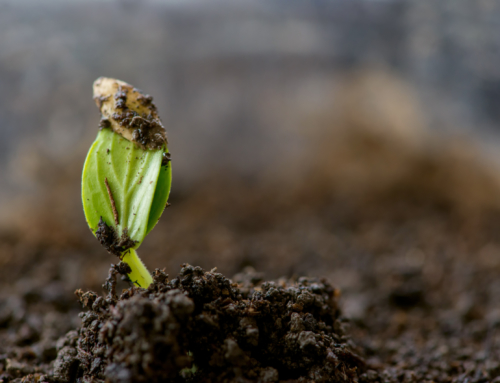 What I’m Grateful For: The Scientific Method
What I’m Grateful For: The Scientific Method
- Purpose/Question. Ask a question.
- Research. Conduct background research.
- Hypothesis. Propose a hypothesis.
- Experiment. Design and perform an experiment to test your hypothesis.
- Data/Analysis. Record observations and analyze the meaning of the data.
- Conclusion.
In the last few months, as scientists have begun to unravel the mysteries of the new coronavirus, it’s been hard to accept the fact that our understanding of this zoonotic spillover virus didn’t spring ‘full blown from Zeus’ head’ like Athena did, but instead has been just like all science has been – a series of hypotheses that get tested in real-time, tested again, reviewed, tested again, and finally we learn some fact about the virus that we can count on to be a true and accurate understanding of how it behaves.
This is frustrating – even for someone who has a familiarity with the scientific method and the way that scientific knowledge evolves over time, testing and rigorous research. But I think that it would be incredibly helpful for us to remind ourselves and others that hundreds of years ago, science used to say that leeches and bloodletting was the most effective way to treat many ailments. They weren’t using the scientific method yet – which demands that any hypothesis must be tested, with as much rigour as possible, in as many different situations as possible, to determine if the hypothesis will hold up to challenges.
Without the rigour of the scientific method, anyone’s wild idea could become “science” – and with enough emotion and conspiracy theories, convince people to believe it “because it just feels right”. Like leeches tended to make people temporarily “feel better” (donating blood has the same mildly euphoric effect on many), it seemed right and no one wanted to test their theory and prove themselves wrong.
Here’s to the scientific method, and to a greater understanding of the evidence that is emerging.
What I’m Reading: Still reading The Great Influenza. I can’t recommend it enough. Right now I would recommend as your required COVID-19 reading list: Spillover by David Quammen (the best book on zoonotic diseases I’ve ever read, The Survival of the Sickest (evolutionary connections between diseases and survival), and then just for extra credit, Why Buddhism is True by Robert Wright (this one really is about evolutionary psychology and the frameworks of our minds, not about Buddhism at all, IMHO. ) These are all quite different but each I’ve read several times over and find them essential knowledge to have, and also quite enjoyable to read.
Web Tip: Optimize your website for speed and mobile platforms: that way your end user will have no issues using your website on their mobile devices.
Quote I’m Pondering: “Once you start with openings [chess], there is no way out … It is a little like developing the habit of stealing the test from your teacher’s desk instead of learning how to do the math. You may pass the test, but you learn absolutely nothing—and most critically, you don’t gain an appreciation for the value or beauty of learning itself.”
— Josh Waitzkin






